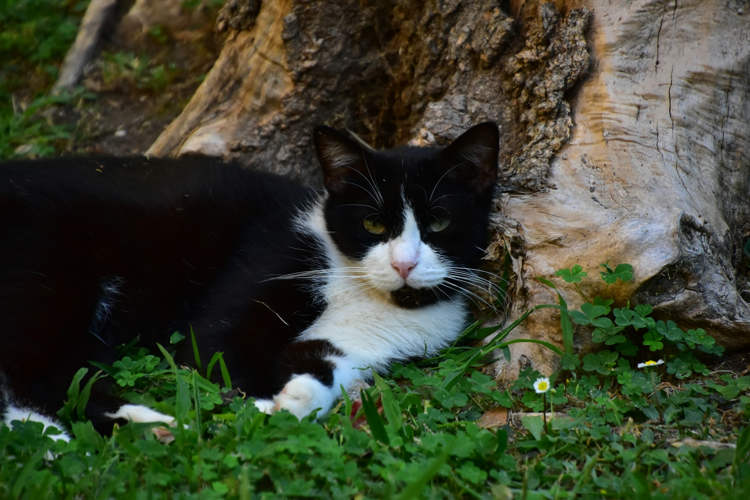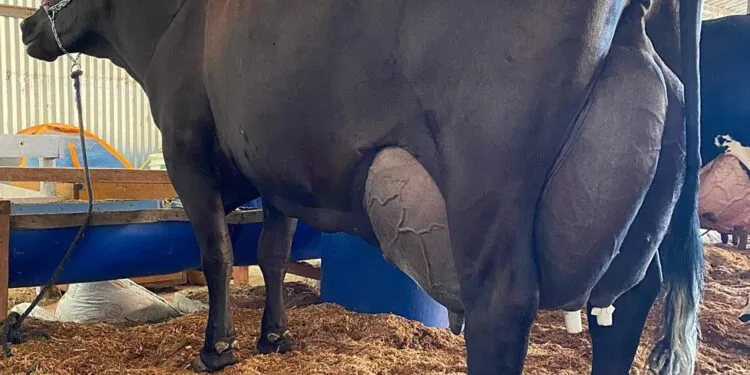The regent honeyeater is already one of the world’s rarest birds, but experts are worried that it could soon go extinct, because they have forgotten how to sing.
Flocks of hundreds of regent honeyeaters could once be spotted all over south-eastern Australia on a regular basis, but today the species is critically endangered, with only 300 specimens believed to exist in the entire world. They were also known for the complexity of their mating songs, but as their numbers started dwindling, ornithologists started noticing this complexity diminishing, to the point where male regent honeyeaters didn’t even sound like their species anymore. Today, there is ample evidence that regent honeyeaters have forgotten how to sing, which could render the entire species extinct.
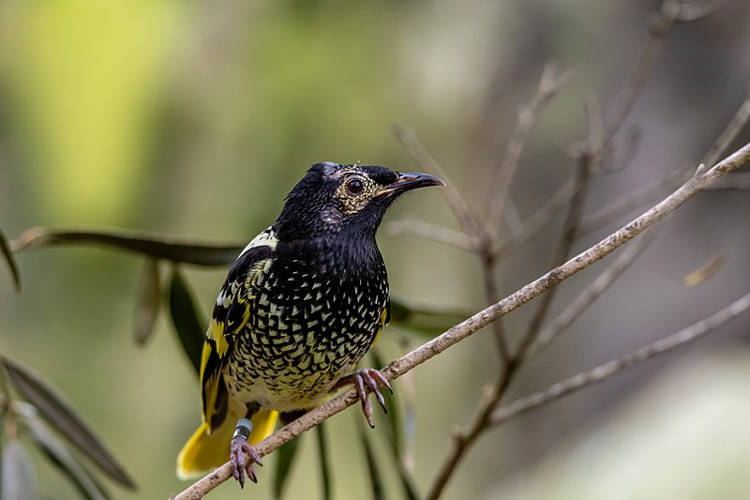
Photo: Jss367/Wikimedia Commons
At one point, Australian ornithologists noticed that male regent honeyeaters were imitating the songs of other bird species, like friarbirds, currawongs and cuckooshrikes, but they offered no explanation as to why that was happening. Some experts believed that the mimicry was considered a deliberate strategy to avoid getting attacked by the larger birds. However, a recent study showed otherwise…
“The poor birds are not getting the chance to to learn what they should be singing,” said Dr Ross Crates, an ecologist at the Fenner School of Environment and author of the study. “They don’t get the chance to hang around with other honeyeaters and learn what they’re supposed to sound like.”
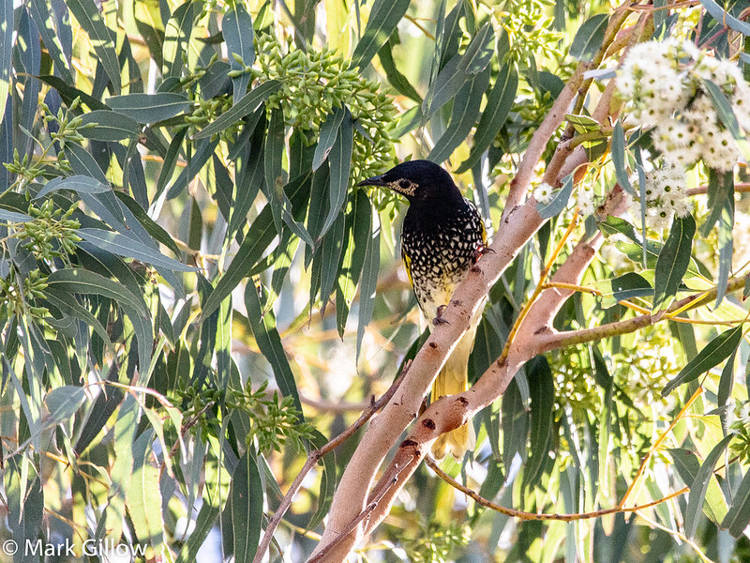
Photo: Mark Gillow/Flickr
Young regent honeyeaters learn their songs from adult members of their species, just like human children learn to speak, but because they are spread so thin in their habitat, many males don’t get to listen to the right songs, so they start adopting the tunes of other bird species. The problem is that these aren’t the songs female regent honeybirds want to hear, so their chances of finding a mate are very slim.
When their chicks hatch, regent honeyeaters tend to stay very quiet, in order to avoid attracting predators, so juveniles learn their songs when they leave the nest, by listening to other adults and imitating them. But because there are so few of them left, they don’t get to hear other birds of their species in the wild.
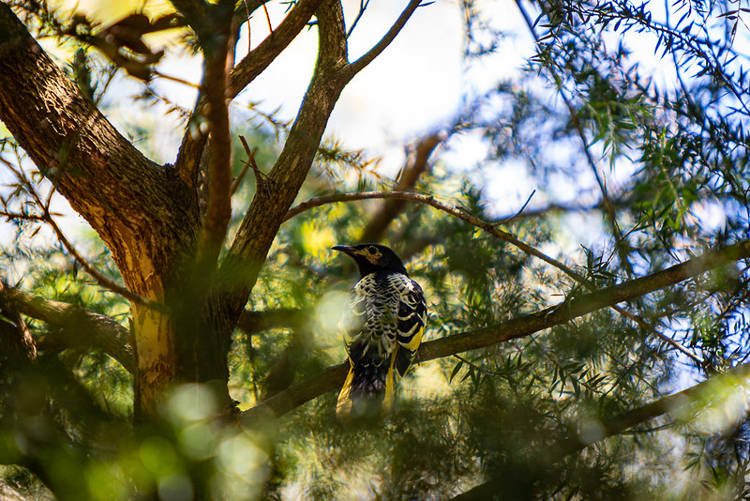
Photo: Andrew Arch/Flickr
“They’re so rare and the area they could occupy is so big – probably 10 times the size of the UK – that we were looking for a needle in a haystack,” Dr Crates told the BBC. “So they end up learning the songs of other species.”
Crates and his team set out not to investigate the songs of the regent honeyeaters, but to find specimens in the wild, which proved a massive challenge. But it was during their searches that they found honeybirds that “didn’t sound anything like a regent honeyeater”, but as different bird species.
According to this newly published study, the natural song of the regent honeyeater has essentially “disappeared” in at least 12% of the population, and considering the size of that population (around 300 specimens), that is a huge concern.
Scientists are no planning to put captured males that can sing in aviaries next to captive-bred regent honeyeaters so that the juveniles can learn the right song. They then plan to release them into the wild every few years, where they will hopefully be able to attract females and reproduce.
“This study shows how damaging population declines and habitat fragmentation might be to this critical process in the life of songbirds,” said Dr Sue Anne Zollinger, an expert in animal communication from Manchester Metropolitan University.

